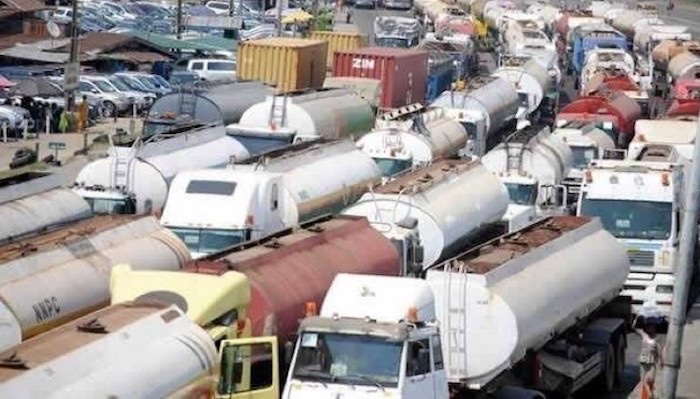
BREAKING: Marketers Warn of Nationwide Disruption Over Dangote Refinery’s Direct Supply Plan

In a brewing face-off that could shake the core of Nigeria’s fuel distribution system, major petroleum marketers have issued a stark warning over Dangote Petroleum Refinery’s plan to bypass traditional distribution channels and supply refined petroleum products directly to end-users across the country.
The marketers, under the umbrella of various downstream oil associations, claim that the refinery’s move poses an existential threat to the national distribution architecture, predicting long-term fuel scarcity, massive job losses, and a potential collapse of the existing supply network that has operated for decades.
According to a joint statement released by industry stakeholders on Monday evening, Dangote’s strategy would marginalize depot owners, independent marketers, and haulage operators — sectors that employ tens of thousands of Nigerians and sustain the movement of petroleum products across Nigeria’s 36 states.
“This is not just about business rivalry. This is about the survival of an entire ecosystem,” one industry leader said, under condition of anonymity. “What Dangote is proposing would effectively render over 400 petroleum depots across the country obsolete, leaving small and medium-scale marketers stranded and out of business.”
Insiders claim that Dangote Refinery’s logistics strategy, which reportedly includes deploying its own fleet of tankers and establishing exclusive supply agreements with key retail outlets, threatens to destabilize long-standing supply chain structures — potentially leading to hoarding, artificial scarcity, and inflation of pump prices in remote areas.
The alarm comes just weeks after the 650,000 barrels-per-day Dangote Refinery began domestic distribution of diesel and aviation fuel, with petrol supply expected to commence shortly. The refinery, touted as the largest single-train facility in the world, was built to end Nigeria’s dependency on imported refined products, a goal widely applauded across the continent.
However, marketers argue that bypassing the Petroleum Equalization Fund (PEF) mechanisms, which equalize fuel prices across Nigeria’s geographical zones, would create a two-tier fuel pricing system—cheap in urban areas where Dangote has reach, but expensive and scarce in rural and underserved regions.
Some fear this could spark black market activities, heighten insecurity, and widen the already gaping economic inequality between regions.
In response, calls have intensified for the Nigerian Midstream and Downstream Petroleum Regulatory Authority (NMDPRA) and the Federal Ministry of Petroleum Resources to intervene and establish a fair, inclusive distribution policy that integrates Dangote’s innovation without cannibalizing legacy operators.
As tensions rise, industry experts warn that how the government handles this delicate transition could either birth a new era of efficient fuel access or ignite one of the worst distribution crises in Nigeria’s history.
More updates to follow as this story develops.


